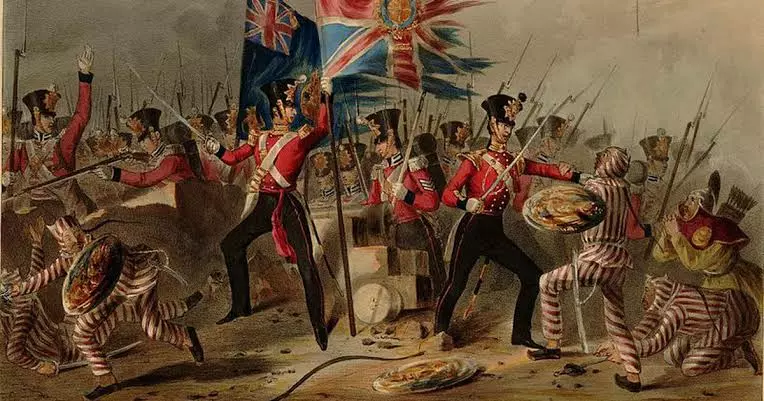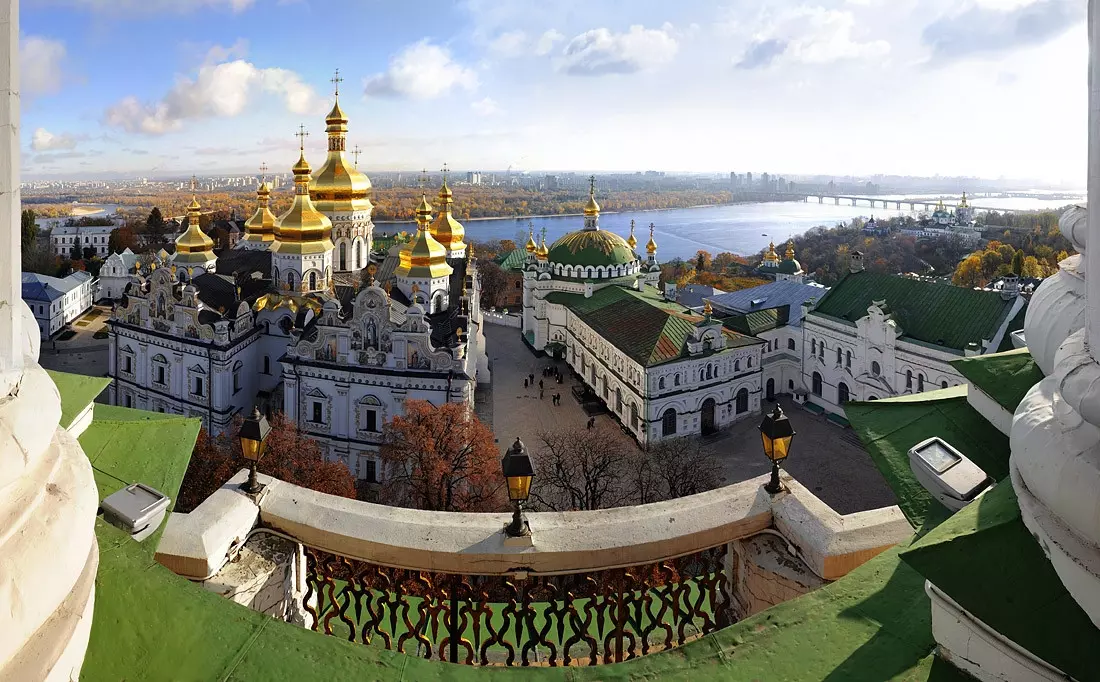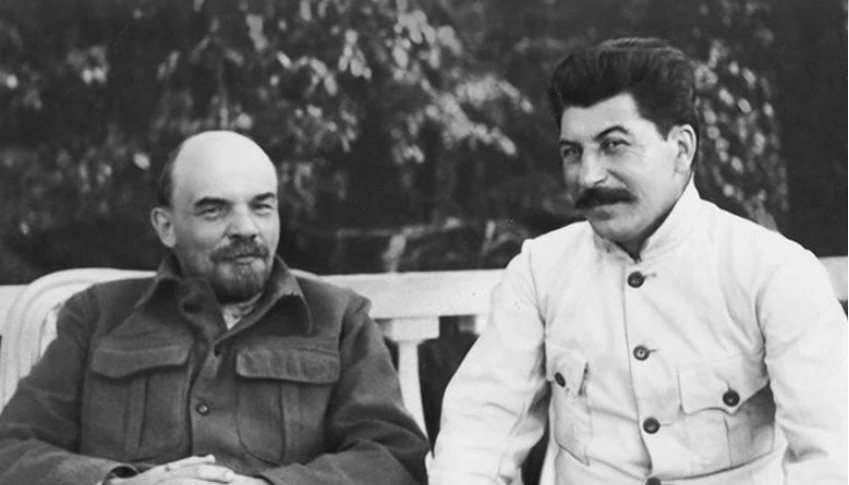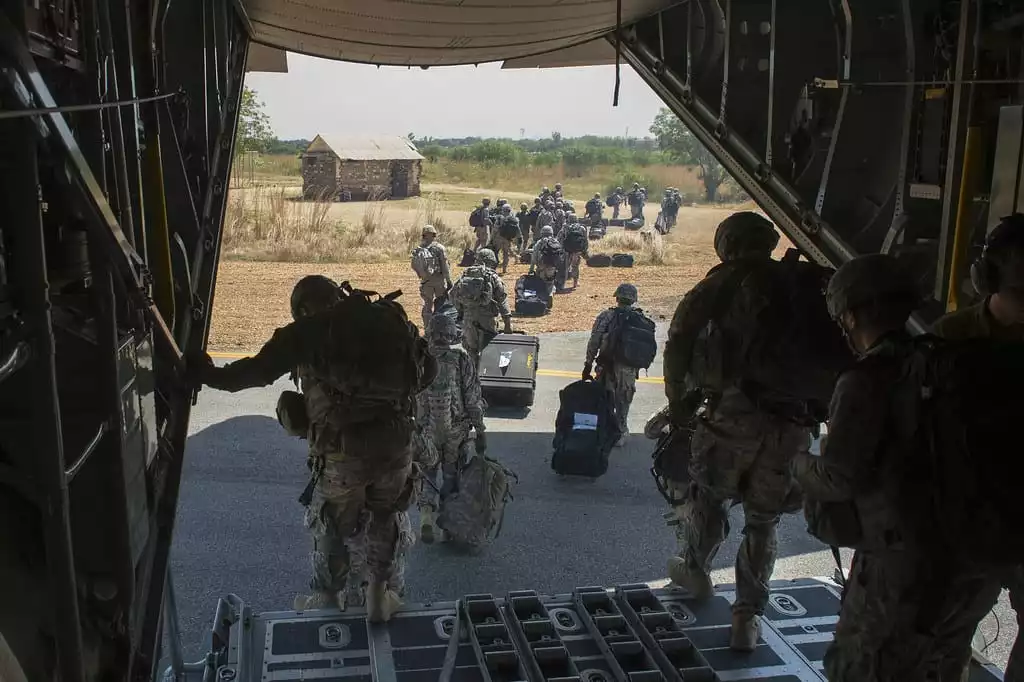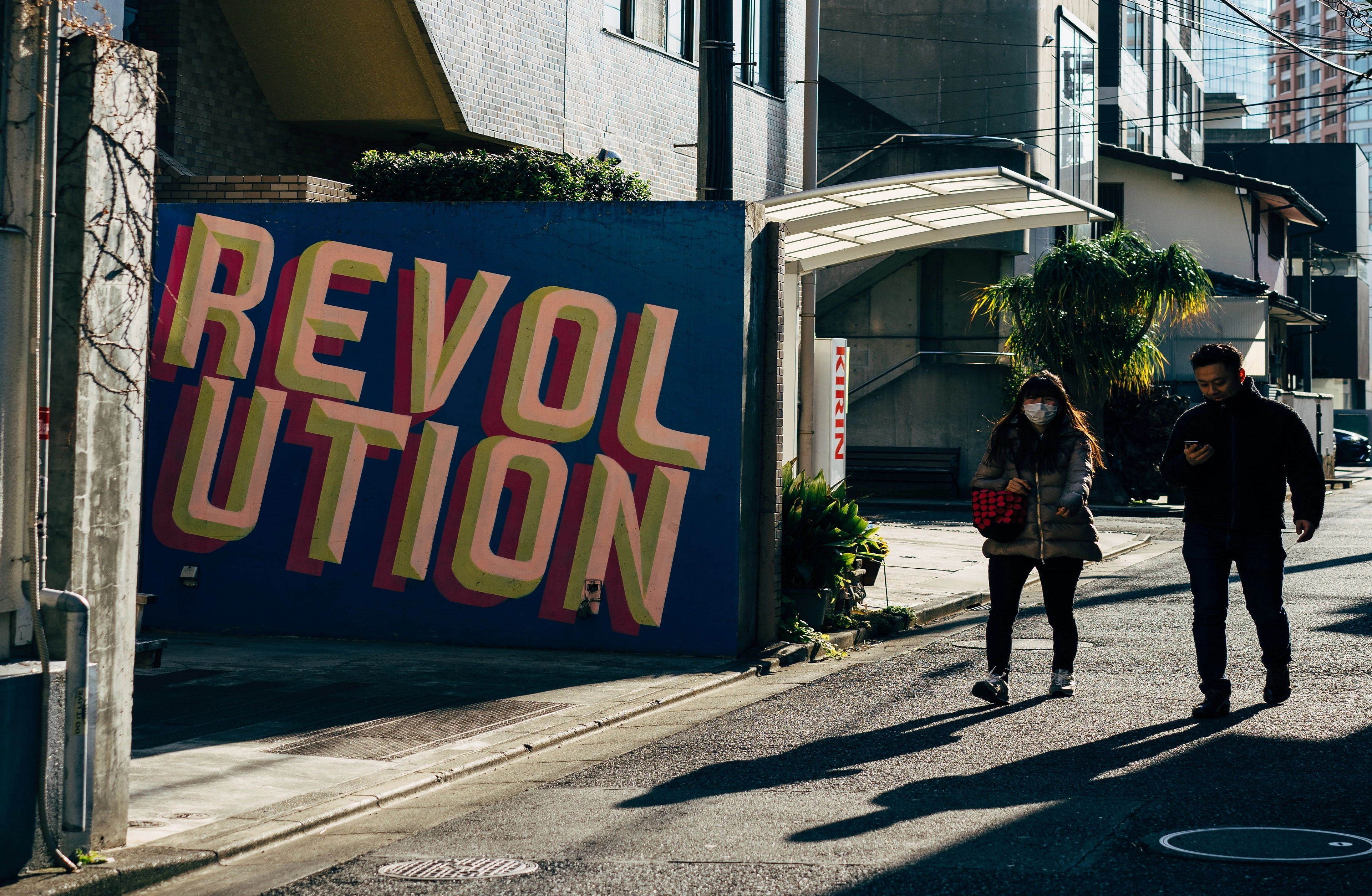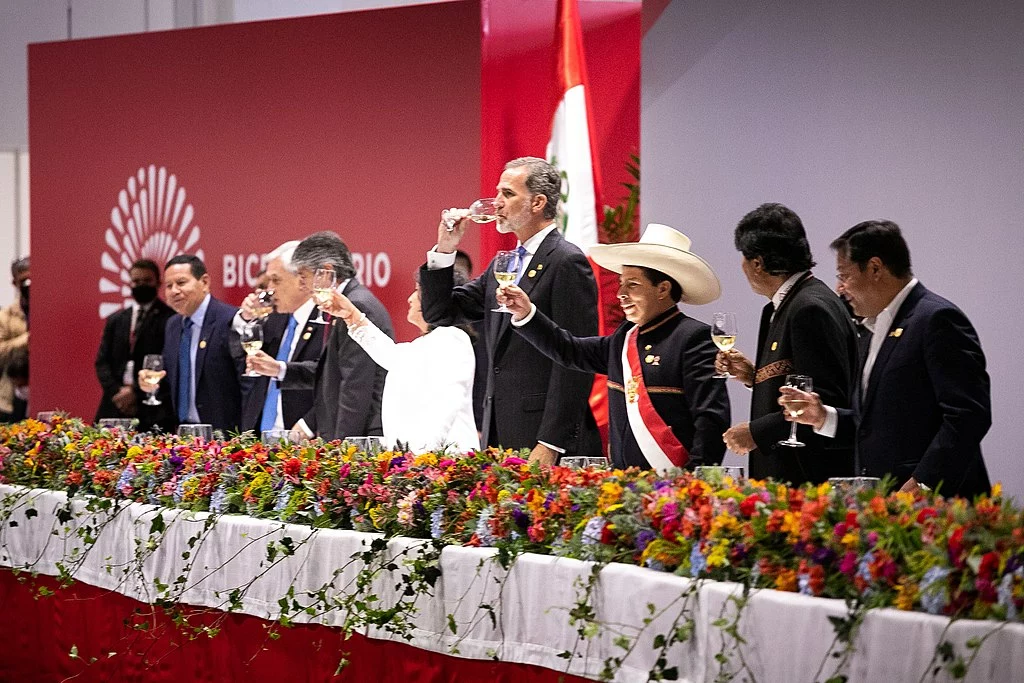The saying — which I am sure most of us have come across — that ‘history is written by the victors’ may hold more weight than is first thought. What we have seen is a history written by the colonisers of the colonised, which has distorted the image of the formerly colonised regions of the world and their indigenous populations, more often than not painting a picture of uncivilised and childlike peoples, which is a purely racist image of the majority of the world; summed up in Rudyard Kipling’s racist poem “White Man’s Burden” where he speaks of the Western world bringing civilisation to the non-white peoples.
I’ve noticed this significantly more in recent years, especially during my travels in Australia. For instance, in a museum in Sydney, the first thing I noticed was a placard saying ‘In 1788 the first settlers arrived in Sydney’. My first thought was ‘settler’, that’s a funny way of describing invaders. Describing the arrival of the white man as a peaceful one, as the term ‘settler’ implies, takes away from the fact that hundreds of thousands of Aboriginal peoples died defending their land. As is seen by Aboriginal political leader Pemulwuy, who led raids on invaders shortly after they arrived in what is now known as Sydney. Pemulwuy in 1797 continued to lead groups of Bidjigal warriors against the white invaders, where they defiantly and bravely fought. The resistance became known as the Battle of Parramatta. The battles fought by the Aboriginals against these invaders, in Sydney alone, continued and are known as the Hawkesbury and Nepean Wars (1794–1816). But, the history of Aboriginal people – as well as other colonised peoples – is often described in such a manner which relays that they did not put up much of a fight nor resisted, as a way to infantilize and belittle the Aboriginal (and other colonised) peoples; also reinforcing the idea of white supremacy. It takes away from the battles and resistance put up by individuals like Pemulwuy.

Another factor of the colonisation of Australia by the white man is the complete disregard of the Aboriginals, claiming that the land was a free and vast available continent, which the white man can lay claim. This lie told by the coloniser justified colonisation of the region. The fact that people existed there and had done so for tens of thousands of years did not matter. The white man did not regard the Aboriginals as humans, hence describing the continent as vast and free, leaving this settler colony in existence today, where Aboriginals are at a continued disadvantage to their white counterparts. Aboriginals are known to have higher levels of mortality, alcoholism, lower levels of literacy and numeracy, and increased adult imprisonment, which are a result of structural racism within Australia; which is why, as academic Sarah Maddison suggests in her book The Colonial Fantasy, white Australia can’t solve black problems, as white Australia is the one that caused them.

The evidence, once you start looking for it, is in abundance. Take Britain, for example, and the narrative of William Wilberforce being somewhat of a pioneer and deciding factor of the Abolition of Slavery in 1833, which annoys me a great deal. There is this notion of white saviourism whenever his name is mentioned, promoting his face as one which ‘freed the slaves’ furthers this notion that formerly enslaved peoples, should be grateful to this benevolent white man who took pity on those poor ‘infantile’ Africans. This idea of putting Wilberforce on a pedestal eradicates the hundreds of years of slavery and exploitation which the British state and Crown directly profited off, reducing it all to a single kind Act in 1833, which did not end slavery but merely disguised and restructured it. The promoting of Wilberforce as a compassionate and good-natured white British man, who solely sought the abolition of slavery, utterly disregards the heroic acts taken by enslaved people revolting and fighting back against their enslavers, as is seen hundreds of times throughout the years of slavery with events like the formation of Haiti – the first black republic – as well as the black abolitionists in Britain such as Olaudah Equiano and Ignatius Sancho. Furthermore, the black Pan-African organisations in Britain like the Sons of Africa (founded 1787), which also sought the end of slavery. Yet, these examples of black Britons fighting to end slavery are more often than not forgotten and ignored, as it does not fit the narrative. This rhetoric of white saviourism, as is seen in Britain’s depiction of the abolition of slavery, only continues the lies told by the coloniser of the colonised, that without the coloniser’s permission and moral superiority, you will always be enslaved.

The ideas promoted in Australia of the white ‘settlers’ or in Britain of the benevolent abolitionist Wilberforce, enables the idea that those former enslaved and colonised peoples did not fight back, did not challenge imperialist powers, but rather accepted their enslavement and colonisation. When we learn of the battles fought and won by enslaved and colonised peoples like in Algeria, and Haiti, or of Nat Turner’s slave rebellion, and Bussa’s rebellion – the largest slave revolt in Barbadian history – you realise the voice of history is that of the coloniser. Enslaved and colonised peoples did not die without a fight, as we are often led to believe, their life had meaning, to fight against their oppressors, a fight which is still being continued today. The narrative we are far too often fed is that former enslaved and colonised peoples accepted it, this serves as a means to justify their treatment and only goes to show how ‘history is written by the victors’.
